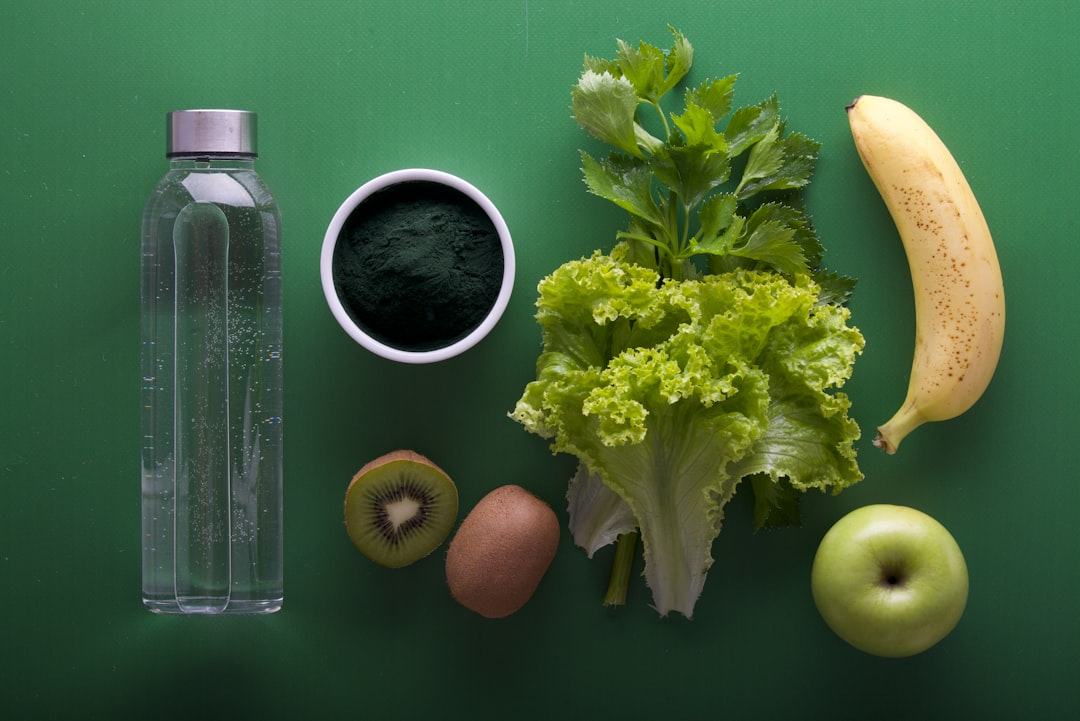Herb gardening is a delightful and rewarding experience, bringing fresh flavors to your kitchen, enhancing your health, and enriching your garden’s ecosystem. Whether you have a sprawling backyard or a small windowsill, growing herbs is an accessible and sustainable way to elevate your lifestyle. Let’s explore the many benefits of cultivating your own herb garden.
1. Culinary Delights: Elevate Your Cooking
Fresh herbs can transform ordinary dishes into gourmet masterpieces. The vibrant flavors of basil, rosemary, thyme, and cilantro add depth and complexity to a variety of cuisines. Unlike dried herbs, fresh ones pack more aroma and essential oils, making every bite more flavorful.
Here are a few ways to incorporate fresh herbs into your cooking:
-
Basil: Perfect for pesto, Caprese salads, and pasta dishes.
-
Rosemary: Adds a savory touch to roasted meats, potatoes, and bread.
-
Thyme: A versatile herb that enhances soups, stews, and grilled vegetables.
-
Mint: Ideal for teas, cocktails, and desserts.
-
Cilantro: A must-have for salsas, curries, and guacamole.
Having fresh herbs at your fingertips allows you to experiment with flavors and make healthier, home-cooked meals.
2. Health Benefits: Nature’s Medicine Cabinet
Many herbs offer medicinal properties that have been used for centuries to promote wellness. From boosting immunity to aiding digestion, these plants are packed with health benefits.
-
Peppermint: Soothes digestion, relieves headaches, and reduces stress.
-
Lavender: Known for its calming effects, it helps with relaxation and sleep.
-
Oregano: A powerful antioxidant with antibacterial properties.
-
Sage: Supports memory and brain function.
-
Lemon balm: Helps reduce anxiety and improves sleep quality.
Incorporating herbs into your diet, whether in teas, tinctures, or meals, can contribute to a healthier lifestyle naturally.
3. Gardening Perks: A Thriving Ecosystem
Beyond the kitchen and personal health, growing herbs benefits your garden and the environment. Herbs attract pollinators like bees and butterflies, which are essential for a thriving garden. Additionally, many herbs act as natural pest repellents, reducing the need for chemical pesticides.
-
Marigold and basil deter pests like aphids and mosquitoes.
-
Lavender attracts pollinators while keeping moths and fleas at bay.
-
Chives help repel harmful insects from nearby vegetables.
Growing herbs also improves soil quality and can be easily interplanted with vegetables and flowers, creating a harmonious and productive garden space.
4. Easy and Sustainable: Perfect for Any Space
One of the best things about herb gardening is its adaptability. You don’t need a large garden—herbs thrive in small pots, hanging baskets, or even vertical planters. They require minimal care, making them ideal for beginners and busy individuals.
Quick Tips for Growing Herbs:
-
Choose the right location: Most herbs love sunlight, so place them in a sunny spot.
-
Use well-draining soil: Herbs prefer soil that doesn’t retain excess water.
-
Water moderately: Overwatering can lead to root rot; ensure proper drainage.
-
Harvest regularly: Frequent harvesting encourages new growth.
With just a little effort, you can enjoy fresh herbs year-round, reducing grocery store trips and food waste.
Conclusion: A Flavorful and Fulfilling Hobby
Herb gardening is more than just a pastime—it’s a way to enhance your cooking, improve your health, and contribute to a healthier environment. Whether you’re a seasoned gardener or a beginner, growing herbs is a rewarding journey that connects you with nature and brings fresh, aromatic flavors into your home.
So why not start your own herb garden today? Your taste buds, body, and garden will thank you!

Comments
No comments yet. Be the first to comment!
You must be logged in to comment. Login